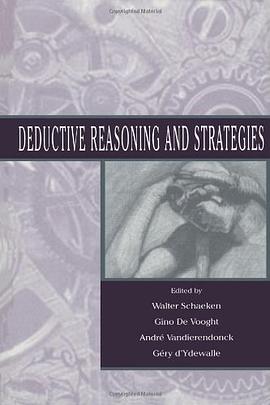

"When a Gesture Was Expected" encourages a deeper appreciation of ancient Greek poetry and prose by showing where a nod of the head or a wave of the hand can complete meaning in epic poetry and in tragedy, comedy, oratory, and in works of history and philosophy. All these works anticipated performing readers, and, as a result, they included prompts, places where a gesture could complete a sentence or amplify or comment on the written words. In this radical and highly accessible book, Alan Boegehold urges all readers to supplement the traditional avenues of classical philology with an awareness of the uses of nonverbal communication in Hellenic antiquity. This additional resource helps to explain some persistently confusing syntaxes and to make translations more accurate. It also imparts a living breath to these immortal texts. Where part of a work appears to be missing, or the syntax is irregular, or the words seem contradictory or perverse - without evidence of copyists' errors or physical damage - an ancient author may have been assuming that a performing reader would make the necessary clarifying gesture. Boegehold offers analyses of many such instances in selected passages ranging from Homer to Aeschylus to Plato. He also presents a review of sources of information about such gestures in antiquity as well as thirty illustrations, some documenting millennia-long continuities in nonverbal communication.
具體描述
讀後感
用戶評價
相關圖書
本站所有內容均為互聯網搜索引擎提供的公開搜索信息,本站不存儲任何數據與內容,任何內容與數據均與本站無關,如有需要請聯繫相關搜索引擎包括但不限於百度,google,bing,sogou 等
© 2025 onlinetoolsland.com All Rights Reserved. 本本书屋 版权所有




















